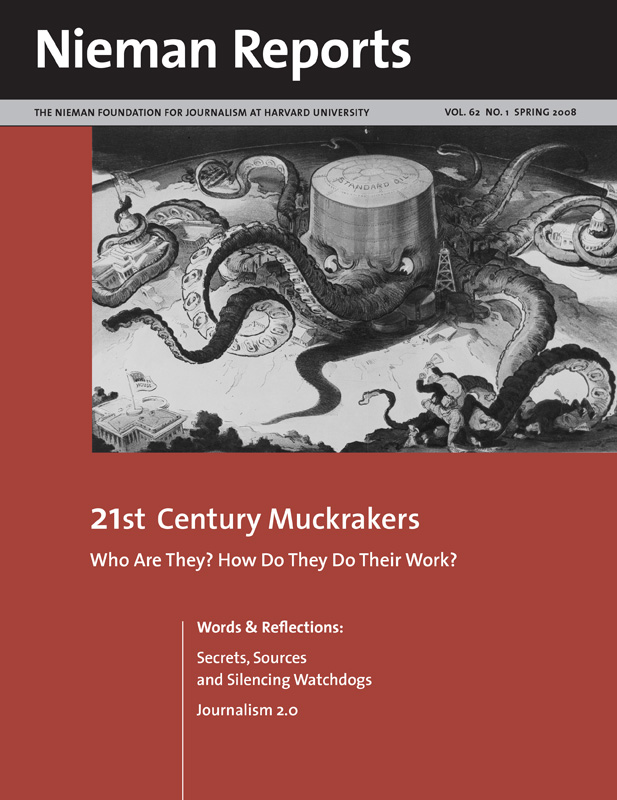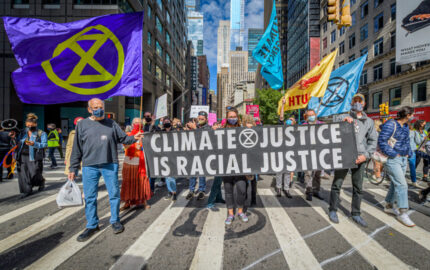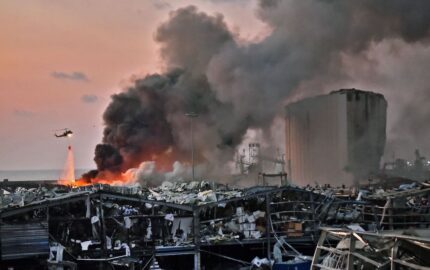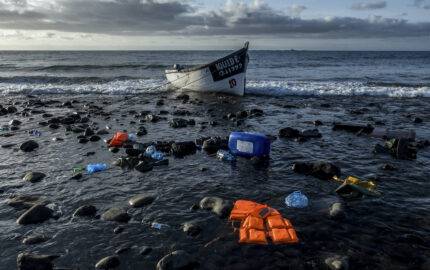
21st Century Muckrakers
Watchdog reporting resides at the core of what journalism does. Its roots dig deeply into the common ground uniting the muckrakers’ unearthing of public and private scandals a century ago with what investigative reporters are illuminating today. Though reporting and distribution of this news is very different in the digital era, unfortunately the human conditions requiring press scrutiny are not. These include patterns of corruption and malfeasance among those holding powerful positions of public and private trust.
The following words are reprinted from a Nieman Reports article written by Aung Zaw, editor of The Irrawaddy, a magazine about Burma and Southeast Asian affairs located in Chiang Mai, Northern Thailand. In this section of his article, Zaw addressed the difficult question of how much editorial freedom a publication and its journalists can have when it depends so heavily, as his does, on funding from foundations and governments. Read his complete article from the Summer 2006 issue of Nieman Reports.
Burmese publications in exile must also assert their independence from other influences, namely the international donors upon which they rely for financial support in the absence of a sustainable business model. In the long run, some publishers and editors are concerned that this may prove to be the greatest challenge to editorial independence. Many Burmese publications in exile seek to diversify their donors, as they worry that depending upon a single source of financial aid makes them vulnerable to pressure from donors that take issue with the publication’s reporting or editorial policies.
The Irrawaddy is among those exiled publications that receive funding from several international donors from European countries and the United States. Without these generous contributions, The Irrawaddy and most other publications produced in exile would not survive for long. But grants from international funding agencies can also bring their share of troubles to publications operating in exile. An incident relating to The Irrawaddy can serve to illustrate the perils of relying on international donors.
In 2002, at a Burma Night panel discussion at the Foreign Correspondents’ Club of Thailand in Bangkok, I came under fire from the former charge d’affaires of the U.S. Embassy in Rangoon, Priscilla A. Clapp, for allegedly condoning the attacks on the United Sates on September 11, 2001. (The charge d’affaires has been the highest-ranking U.S. diplomatic official in Burma since the United States downgraded its diplomatic ties with Rangoon in 1988.) Clapp, who was a guest of honor at the Burma Night discussion, was invited to make a closing remark on a panel discussion, which included this author.
She first praised the “very good journalism of The Irrawaddy” before she said, “I remind [the editor of The Irrawaddy] that he is highly supported by the American government, and we did notice his editorial in the Thai press saying that America deserved the attack on September 11.” She continued sternly, “That does not go unnoticed in Washington.”
Just after the September 11th attacks, I wrote an editorial on U.S. foreign policy that appeared on The Irrawaddy’s Web site, as well as in the Bangkok Post. This opinion piece was indeed critical of the Bush administration’s foreign policy but did not say that the United States deserved the attack. Clapp apparently believed she was entitled to make this unwarranted and undiplomatic assault on me, because I am the editor of a magazine that has been receiving grants from the Washington-based National Endowment for Democracy (NED), a congressionally funded organization. NED supports several Burma-related projects promoting democracy, human rights, and media development.
More recently, in March 2006, another Burmese media group, the New Delhi-based Mizzima News agency, was told by NED to retract an essay that it claimed advocated violence. Mizzima pulled the article, but the damage was done. A radical campaign group known as Dictator Watch issued a statement criticizing NED, calling it the “National Endowment for Hypocrisy.”
NED insists that it was not engaging in editorial interference when it called for the withdrawal of the commentary, but was merely taking action because Mizzima had violated one of the conditions of its grant agreement. (Under its charter, NED is specifically prohibited from funding groups that engage in armed struggle. Ironically, the chief editor of Mizzima was a former hijacker who commandeered a Thai Airways International plane to Calcutta from Bangkok in 1990.)
At home and abroad, Burmese journalists face sometimes daunting obstacles in their struggle to survive and preserve their editorial independence. Though the kinds of journalistic courage called upon in each circumstance differ, without strongly adhering to the stance of independence neither entity will function as it should.
Burmese publications in exile must also assert their independence from other influences, namely the international donors upon which they rely for financial support in the absence of a sustainable business model. In the long run, some publishers and editors are concerned that this may prove to be the greatest challenge to editorial independence. Many Burmese publications in exile seek to diversify their donors, as they worry that depending upon a single source of financial aid makes them vulnerable to pressure from donors that take issue with the publication’s reporting or editorial policies.
The Irrawaddy is among those exiled publications that receive funding from several international donors from European countries and the United States. Without these generous contributions, The Irrawaddy and most other publications produced in exile would not survive for long. But grants from international funding agencies can also bring their share of troubles to publications operating in exile. An incident relating to The Irrawaddy can serve to illustrate the perils of relying on international donors.
In 2002, at a Burma Night panel discussion at the Foreign Correspondents’ Club of Thailand in Bangkok, I came under fire from the former charge d’affaires of the U.S. Embassy in Rangoon, Priscilla A. Clapp, for allegedly condoning the attacks on the United Sates on September 11, 2001. (The charge d’affaires has been the highest-ranking U.S. diplomatic official in Burma since the United States downgraded its diplomatic ties with Rangoon in 1988.) Clapp, who was a guest of honor at the Burma Night discussion, was invited to make a closing remark on a panel discussion, which included this author.
She first praised the “very good journalism of The Irrawaddy” before she said, “I remind [the editor of The Irrawaddy] that he is highly supported by the American government, and we did notice his editorial in the Thai press saying that America deserved the attack on September 11.” She continued sternly, “That does not go unnoticed in Washington.”
Just after the September 11th attacks, I wrote an editorial on U.S. foreign policy that appeared on The Irrawaddy’s Web site, as well as in the Bangkok Post. This opinion piece was indeed critical of the Bush administration’s foreign policy but did not say that the United States deserved the attack. Clapp apparently believed she was entitled to make this unwarranted and undiplomatic assault on me, because I am the editor of a magazine that has been receiving grants from the Washington-based National Endowment for Democracy (NED), a congressionally funded organization. NED supports several Burma-related projects promoting democracy, human rights, and media development.
More recently, in March 2006, another Burmese media group, the New Delhi-based Mizzima News agency, was told by NED to retract an essay that it claimed advocated violence. Mizzima pulled the article, but the damage was done. A radical campaign group known as Dictator Watch issued a statement criticizing NED, calling it the “National Endowment for Hypocrisy.”
NED insists that it was not engaging in editorial interference when it called for the withdrawal of the commentary, but was merely taking action because Mizzima had violated one of the conditions of its grant agreement. (Under its charter, NED is specifically prohibited from funding groups that engage in armed struggle. Ironically, the chief editor of Mizzima was a former hijacker who commandeered a Thai Airways International plane to Calcutta from Bangkok in 1990.)
At home and abroad, Burmese journalists face sometimes daunting obstacles in their struggle to survive and preserve their editorial independence. Though the kinds of journalistic courage called upon in each circumstance differ, without strongly adhering to the stance of independence neither entity will function as it should.


